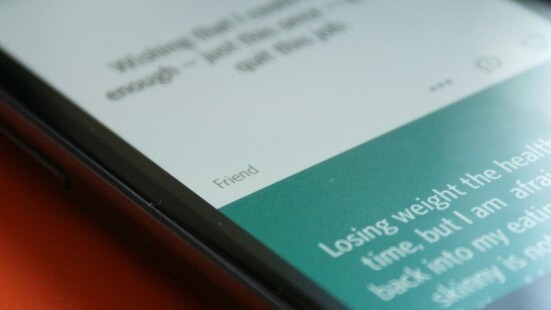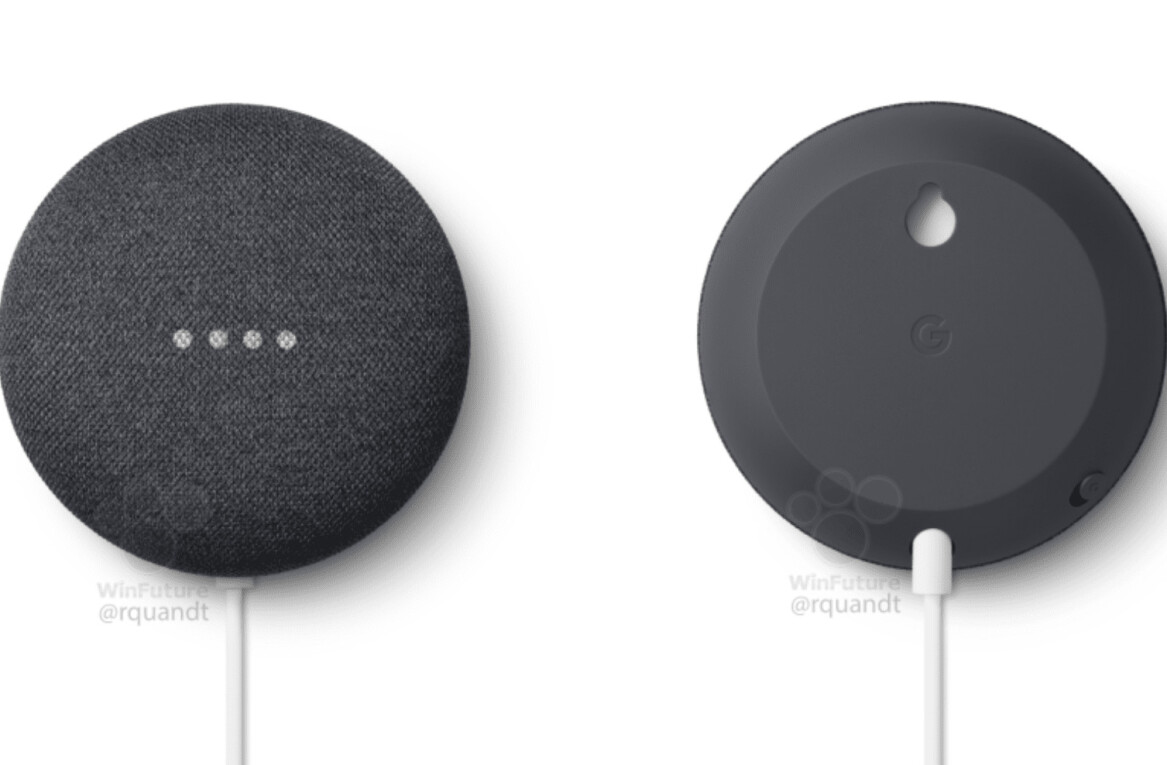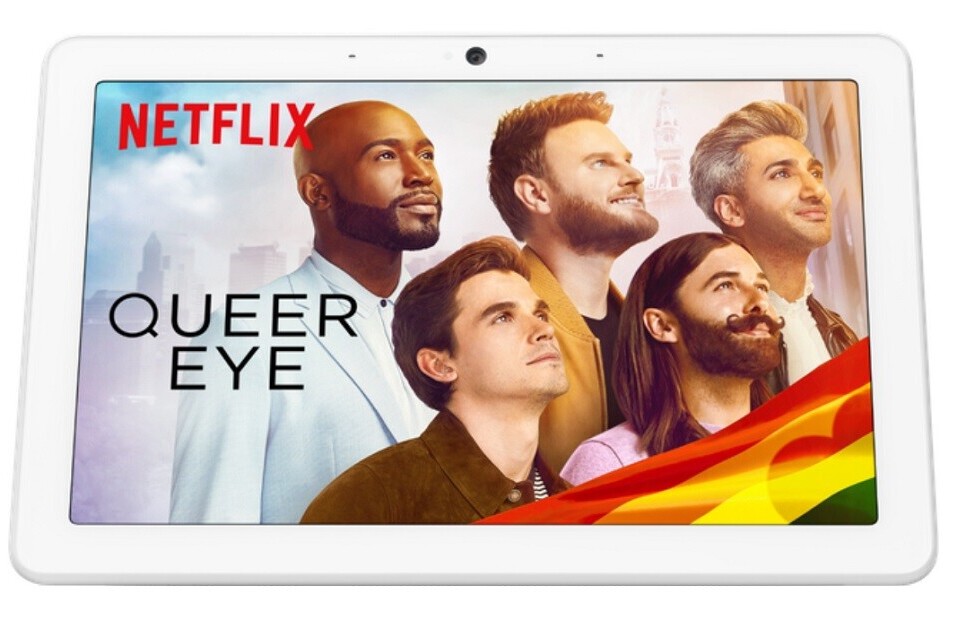
Chris Bolman is the Director of Growth at Percolate. This post originally appeared on the Percolate blog.
Over the summer of 2013, David Byttow, a former Google software developer, started building a mobile app to solve a problem he had. Byttow noticed he and the engineers he worked with were bad at giving each other feedback, and he wanted a way they could comment honestly on each other’s work without professional or personal backlash for saying something negative. Byttow wanted a way to tell the truth, without revealing who said it.
Eight months later, the most talked about content at SXSW 2014 wasn’t a flashy new tech launch, sharing economy roll-out or big-budget event activation: it was a SXSW feed from Byttow and co-founder Chrys Bader‘s two month old app, Secret, that aggregated and shared honest, anonymous feedback about the conference.
The feed, coming on the back of Secret’s $10 million fundraising announcement, caused the app to jump more than 500 spots in the Apple app store rankings over the weekend, making Secret one of the fifty most downloaded social media apps, ahead of Foursquare and Facebook’s new Paper.
By itself, Secret is a noteworthy example of product design and community-building in an identity-conscious, mobile feature-unbundling world. But Secret isn’t alone. Its largest competitor Whisper also just raised venture funding, another addition to a Snapchat-led ecosystem of apps that help users create, share and consume content that’s genuine, unedited and in the moment.
In fact, I see Secret, Whisper and Snapchat as part of a larger content and cultural trend centered around a key brand pillar: honesty.
Keeping it real
From Sochi to the Oscars to SXSW, honesty and authenticity is consistently winning people’s attention — not to mention share of voice among marketers.
At Sochi, P&G’s honest, heart-felt“Thank You Mom (Pick Them Back Up)” and “Tough Love” attracted as much positive content attention (over 20 million YouTube views and more than 650,000 social shares) as satirical coverage of “Sochi fails.” And Ellen’s record-setting, Twitter-breaking Oscar selfie might have been a planned product placement, but it wasn’t rehearsed, and hit Twitter with no edits or photo filters. It just happened, it was authentic, and the world loved it.
Even retailer Radio Shack was recently able to revitalize its embattled brand during Super Bowl XLVIII with a delightful,content-driven campaign that admitted the truth most consumers already knew: it’s an analog 80’s brand struggling to transition to a digital era.
Outside of event-based content, authenticity matters a lot for marketers too. New data from Chartbeat finds that a typical online article holds two thirds of people’s attention for at least 15 seconds.
With native sponsored stories, average content engagement drops to one third. Moreover, 71 percent of Web visitors scroll vertically on pages with published news stories or blog posts. With native ads that number drops to 24 percent.
I’m not presenting these stats to say native ads are dishonest or they don’t work, but the data makes one case pretty clear: people bounce from native ads when the content they click through to isn’t what they expected (or wanted). Make your content more authentic and appropriate to the platform you’re publishing to — like some of the best native advertisers are doing — and this performance gap between published and paid content closes meaningfully.
At the end of the day, people want to be heard, they gravitate to authentic, connected experiences, and they know branded content when they see it. As marketers, we need to craft content that respects these principles, rather than chase ephemeral brand boosts from click-bait, staged stunts or misleading ad units.
So now I’ve let you in on one of marketing’s closely held secrets: honesty still works in advertising.
Get the TNW newsletter
Get the most important tech news in your inbox each week.




